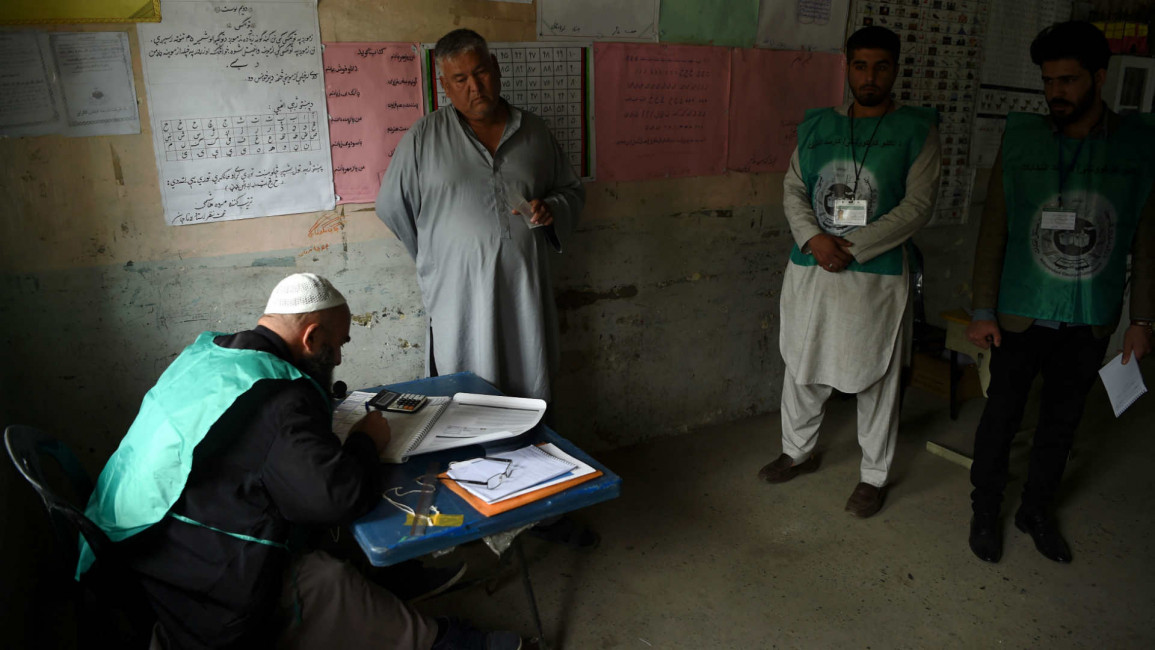Over the next two months authorities hope to register as many as 14 million adults at more than 7,000 polling centres - an ambitious goal in a war-torn country where militants control much of the territory.
"The main challenge is insecurity, particularly in rural areas," said Abdul Badie Sayad, chairman of the Independent Election Commission.
Sayad also expressed concern that a shortage of female staffers could hinder women's participation in the vote, particularly in conservative rural areas.
"Women won't be given permission from their families to reach the registration centres, where they may be asked to remove their burqa to show their faces," Sayad said.
The vote, now scheduled for October 20, was initially set for 2015 but was repeatedly delayed due to security fears and logistical hurdles.
Over the coming weeks the IEC hopes to register 13-14 million people at centres where they will later be required to cast their vote, a move which officials hope will reduce fraud.
A television advertising campaign has been launched to persuade ordinary people that their votes will count - a challenging task after a disputed presidential election in 2014.
"We are trying very hard to increase the confidence of the public, to increase the legitimacy of the elections," Sayad said.
Another hurdle to voter registration is the lack of national identification cards, or taskeras, particularly among women. Just over half the population has ID and the government hopes another 10 million can be issued ahead of the polls.
But concerns remain over how the Taliban will react to October's legislative elections. President Ashraf Ghani on Saturday called on the Taliban to take up his peace offer made in February to take part in the elections "as a political party".
But the Taliban, which is expected to launch its traditional spring offensive in the coming weeks, has not responded to Ghani's proposal.
Observers have also questioned the timing of the October election, which will be within months of the presidential poll, warning that it could dampen turnout and add to political instability.
A US-led NATO force overthrew the Taliban in 2001 but a fierce insurgency has been waged against the government since, which has intensified over the past year.
Follow us on Twitter: @The_NewArab



